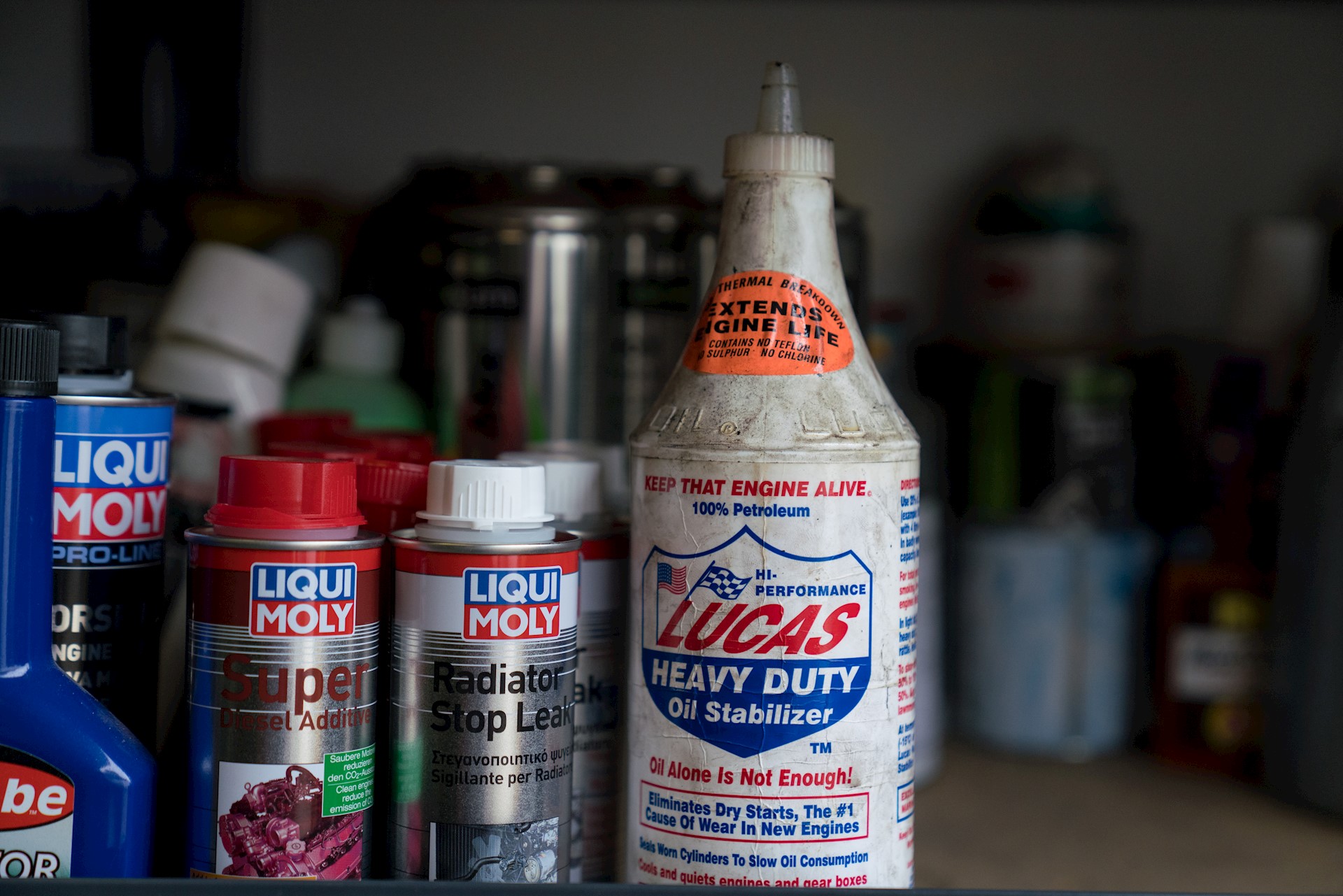COSHH Assessment

The occupational use of nanomaterials is regulated under the Control of Substances Hazardous to Health (COSHH). COSHH is the law that requires employers to control substances that are hazardous to health and includes nanomaterials. You can prevent or reduce workers' exposure to hazardous substances by:
Identifying hazard and assessing risk
You are probably already aware of many risks in your trade or industry. A COSHH assessment concentrates on the hazards and risks from substances in your workplace.
Remember that hazards and risks are not limited to substances labelled as ‘hazardous’.
Steps to making a COSHH assessment:
Walk around your workplace. Where is there potential for exposure to substances that might be hazardous to health?
- Examples include processes that emit dust, fume, vapour, mist or gas; and skin contact with liquids, pastes, and dusts. Substances with workplace exposure limits (WELs) are hazardous to health.

In what way are the substances harmful to health?
- Get safety data sheets, and read your trade magazines. Some substances arise from processes and have no safety data sheet. Examples include fume from welding or soldering, the mist from metalworking, dust from quarrying, gases from silage. Look at the HSE web pages for your trade or industry - Your Industry.
What jobs or tasks lead to exposure?
- Note these down. Note down what control measures you already use. For these jobs, how likely is any harm to workers' health?
Are there any areas of concern, eg from the Accident Book?
- Examples include burns from splashes, nausea or lightheadedness from solvents, etc
HSE has provided specific guidance on COSHH assessment called A step by step guide to COSHH assessment. You can apply this to substances hazardous to health. More detailed guidance is in the free booklet on working with substances hazardous to health. Which can be downloaded on the right-hand side of this screen.
Safety data sheets provide information on substances that are ‘dangerous for supply'. Other substances should have instructions for safe use.
You might also like…
Got a business question?
We're here to help. Get in touch.
Book your free appointment below:
